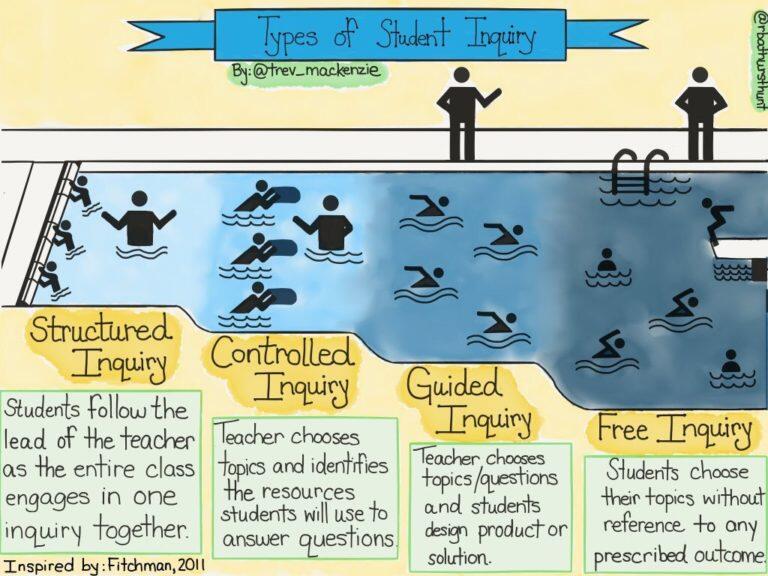Through my learning pod discussions, Emily Lacock and I realized we are both experiencing the same challenges with our students when incorporating technology to support inquiry projects. We have now joined together in the search of examining best practices for facilitating inquiry projects with young learners. We began by exploring Christopher Lister’s MEd project “A Framework for Implementing Inquiry-Based Learning in the Elementary Classroom”. Lister’s project centred around inquiry-based learning with intermediate students rather than our pinpointed interest of the primary level; however, it provided a good starting point. Lister compiled a list of available resources to support children with online research (p. 90). I have begun looked through the resources and analyze how each tool could help support my learners.
One of the main challenges I have experienced with researching with young students is their varying levels of reading capabilities. The readability test tool allows you to copy and paste a website’s URL to determine the approximate reading level of the sites text, including which grade level the text is appropriate for. This tool would be particularly useful to assist educators to locate websites that can best support student while remaining at their appropriate reading level. When considering the varying levels of inquiry described by Trevor Mackenzie, this tool would best support structured or controlled inquiry as students would still not be determining resources independently.

To move towards guided or free inquiry educators need a tool that allows students to freely search while still limiting the content so that it is age-appropriate and accessible to their age level.
This suggested kid-friendly search engine would help support guided or free inquiry. KidRex is powered by Google and is formatted similarly to google. The beginning search page is simple; however, search results are filled with distracting advertisements generated by GoogleAds. The search engine also only appears to filter out what is inappropriate content for young children but does not necessarily provide websites that are suited for young students reading capabilities.
These resources are a good start to supporting students inquiry with technology but both still have limitations. Are the resources available that limit content based on reading level and appropriate material? What resources are available that block distracting advertisements so children are able to simply focus their research?
Lister, C. (2015). A Framework for Implementing Inquiry-Based Learning in the Elementary Classroom. Retrieved from https://dspace.library.uvic.ca/bitstream/handle/1828/6950/Lister_Christopher_MEd_2015.pdf?sequence=1&isAllowed=y
Hi Trisha,
Teaching kindergarten I feel like I am confined to structured inquiry as opposed to free inquiry. I have come across KidRex in previous research but does Trevor Mackenzie have any suggestions for facilitating more open inquiry with 5 year olds?
Thanks,
Ashley